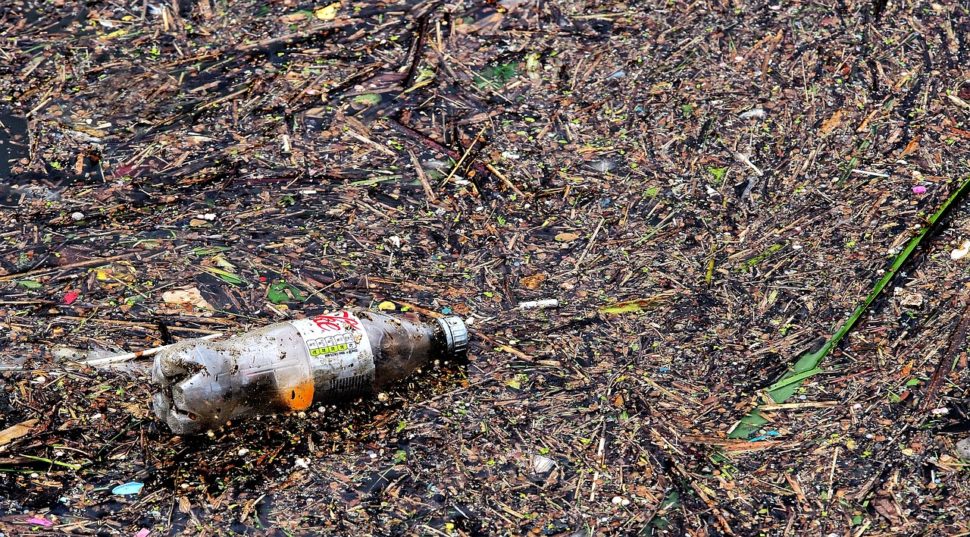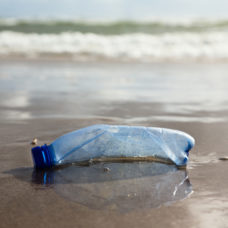Plastic pollution is causing more damage to marine life than we ever imagined.
Ten percent of the oxygen we breathe is produced by just one type of bacteria in the ocean. Now, researchers are saying that the microbes are vulnerable to one of the most famous ocean pollutants: plastics.
An estimate shows that 8 million pieces of plastics find their way to the ocean daily. The number has accumulated over the years to the extent that we now have over 5.25 trillion macro and microplastics floating in the open ocean.
As a result, the world loses over 100,000 marine mammals and turtles, including 1 million sea birds, to marine plastic pollution annually.
However, according to a publication in Communications Biology, we may be losing some essential ocean microbes too.
Lead author of the study and Macquarie University researcher, Dr. Sasha Tetu, said:
“We found that exposure to chemicals leaching from plastic pollution interfered with the growth, photosynthesis and oxygen production of Prochlorococcus, the ocean’s most abundant photosynthetic bacteria.”
How Plastic Pollution Affects the Photosynthetic Marine Bacteria
For the study, the researchers analyzed the most abundant photosynthetic organisms on earth: a group of green bacteria called Prochlorococcus.
With almost three octillion individuals in the ocean, these microbes are the heavy lifters when it comes to oxygen production in the ocean. Not only do they contribute to the carbon cycle, but they are believed to be responsible for 10 percent of the total oxygen on the planet.
While explaining the importance of these microbes to ocean health, co-author of the paper, Dr. Lisa Moore said:
“One in every ten breaths of oxygen you breathe in is thanks to these little guys, yet almost nothing is known about how marine bacteria, such as Prochlorococcus respond to human pollutants.”
So, the team collected two strains of Prochlorococcus from different depths of the oceans and exposed them to chemicals from plastic. To avoid issues with generalization, the scientist used the two most common plastic products – PVC matting and grey plastic grocery bags.
The findings show that exposure to chemicals from these plastics impaired both the growth and functions of the Prochlorococcus. As a result, there’s a significant reduction in the amount of oxygen they produce.
Also, the chemicals alter the expression of a large number of genes in the photosynthetic bacteria.
The researcher explained that the impact of plastic pollution on the ecosystem extends beyond losing macroorganisms such as seabirds and turtles.
“If we truly want to understand the full impact of plastic pollution in the marine environment and find ways to mitigate it, we need to consider its impact on key microbial groups, including photosynthetic microbes,” says Sasha Moore, a co-author of the paper.



















Comments (0)
Most Recent